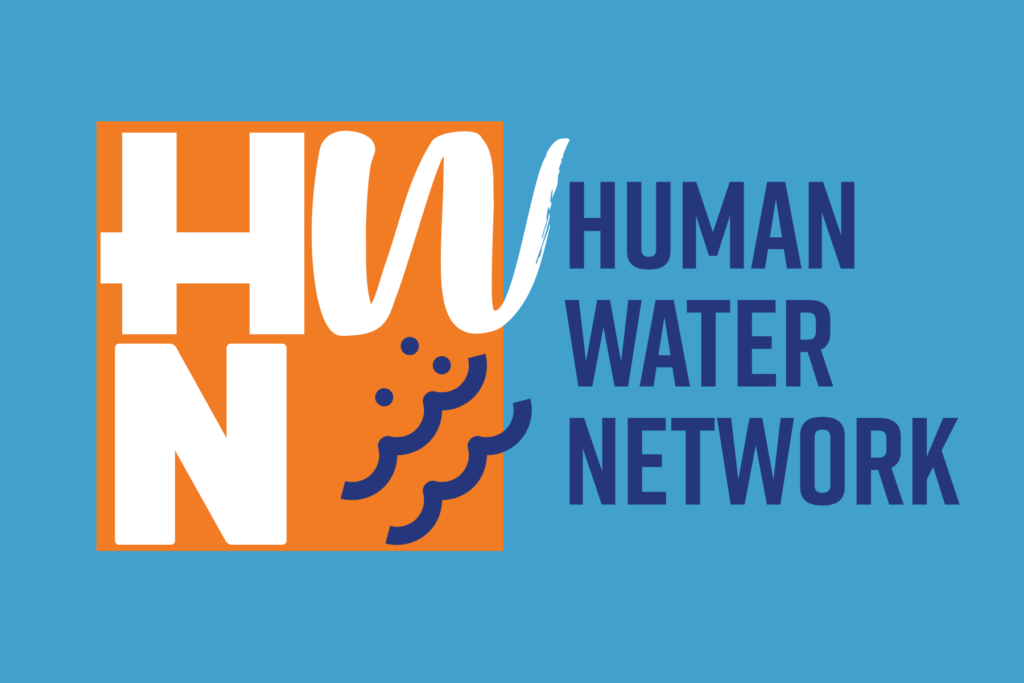Save the places you love!
Why It’s Important to Consider the Environmental Impact of Your Vacation
Vacations are often about relaxing, exploring new places, and recharging from our busy lives. However, it’s crucial to remember that our traveling actions can significantly impact the environment. Being mindful of how our choices affect the places we visit is not just a duty, but a responsibility we hold to protect these destinations for future generations. From coastal beaches to mountain trails, our collective actions have long-term effects on ecosystems and the communities that call these places home. Here’s why it’s essential to vacation sustainably—and a few ways you can make a positive difference.
The Environmental Footprint of Tourism
Tourism has an undeniable impact on the environment. Popular tourist spots experience increased pollution, resource consumption, and ecosystem disruption, which can lead to the degradation of natural habitats. In coastal areas, for instance, increased foot traffic can harm delicate coral reefs, while hiking trails can suffer from erosion due to overuse. Similarly, single-use plastics from beach picnics or waste from travel-sized toiletries add to the plastic pollution problem, often ending up in the oceans where they harm marine life.
Beyond the natural world, local communities also feel the impact. Tourism can strain resources such as water and electricity, particularly in already scarce regions. By becoming more aware of our actions, we can help reduce this strain and support sustainable practices that benefit both the environment and the local economy.
Understanding the Consequences of Unmindful Travel
When we don’t consider the environmental impact of our travels, we risk unintentionally contributing to many problems. For example, many tourist destinations suffer from “overtourism,” where the number of visitors exceeds the location’s capacity to manage them sustainably. This can lead to overcrowding, waste mismanagement, and ecosystem degradation.
Marine environments are especially vulnerable. Coral reefs are incredibly delicate ecosystems, often sought out for snorkeling and diving. A simple touch from a swimmer or sunscreen chemicals that wash off into the water can cause coral bleaching, causing the loss of vibrant marine life. Similarly, excessive boating or careless waste disposal can disrupt aquatic ecosystems, endangering species crucial for our oceans’ biodiversity.
Simple Ways to Vacation More Sustainably
Small changes in how we approach vacationing can have a significant impact. Here are a few simple, sustainable practices you can incorporate into your next trip:
- Choose Eco-Friendly Accommodations: Many hotels and resorts are adopting green practices, such as using renewable energy, reducing water usage, and minimizing waste. Opting for accommodations that prioritize sustainability can reduce your trip’s overall environmental impact.
- Reduce Single-Use Plastics: Instead of buying disposable water bottles or plastic-wrapped snacks, bring a reusable water bottle and choose locally sourced snacks with minimal packaging. Many destinations now offer refill stations, making it easier than ever to avoid single-use plastics.
- Respect Local Wildlife: Interaction with animals in their natural habitats may be tempting, but this can often do more harm than good. Avoid disturbing wildlife, feeding animals, or taking items like shells or plants as souvenirs. Stick to marked hiking trails, as venturing off-trail can damage vegetation and contribute to erosion.
- Use Reef-Safe Sunscreen: Traditional sunscreens contain chemicals harmful to coral reefs. Look for reef-safe sunscreen options, free from harmful chemicals like oxybenzone and octinoxate, to protect marine life while enjoying the beach.
- Support Local Businesses: By choosing local restaurants, shops, and tour operators, you help support the local economy and reduce the environmental impact of shipping goods and services over long distances. Local businesses often have a smaller carbon footprint and are more invested in preserving the environment they depend on.
- Offset Your Carbon Emissions: Air travel contributes to greenhouse gas emissions. If flying is necessary for your vacation, consider offsetting your carbon footprint by donating to projects that plant trees, restore habitats, or invest in renewable energy sources. Many airlines now offer carbon-offset programs that make this easy to do when booking your flight.
The Power of Responsible Tourism
Choosing to travel sustainably isn’t just about reducing harm; it’s about actively contributing to the conservation and well-being of the places we visit. Responsible tourism creates environmental awareness and appreciation opportunities, fostering a deeper connection to nature. Travelers who engage in sustainable practices often feel a greater sense of fulfillment, knowing they are contributing positively to the places they enjoy and being part of the solution.
When more people practice responsible tourism, it signals to travel companies, hotels, and destinations that there is a demand for eco-friendly practices. This ripple effect encourages the broader tourism industry to adopt more sustainable practices, creating lasting change.
Preserving the Beauty of Our Favorite Destinations
Vacationing in a way that respects the environment ensures that future generations can experience these incredible places, too. Each small choice—choosing eco-friendly accommodations, reducing waste, or respecting wildlife—adds up and has a positive impact on the environment. By becoming more aware of how our actions affect the environment, we can enjoy unforgettable vacations while helping to preserve the natural beauty and ecological health of the places we love.
Ultimately, vacationing sustainably allows us to experience a deeper connection to the natural world while leaving a positive legacy for future travelers and the planet. So, on your next trip, remember that small, mindful changes can make a big difference.





